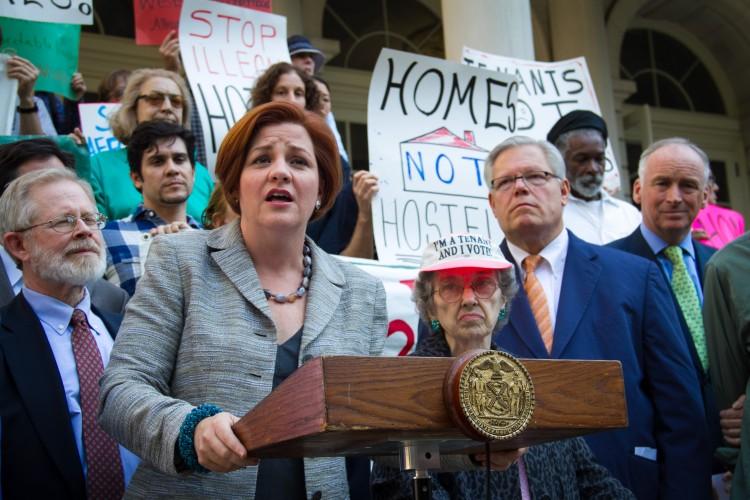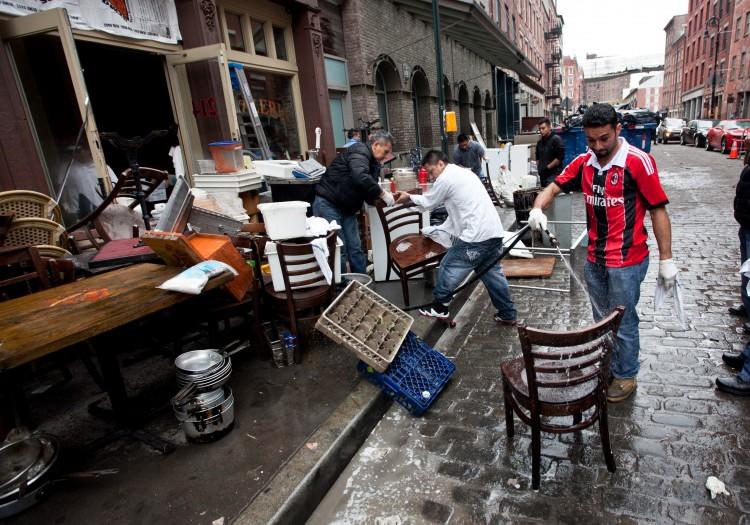NEW YORK—The operation of illegal hotels in New York City is widespread. These are single room occupancy (SRO) buildings that are zoned as residential, thus prohibiting commercial activity. Illegal hotel operators ignore zoning regulation and make a high profit margin by evading commercial real estate taxes.
The 2010 Illegal Hotels Law made a clear distinction between legitimate and illegal hotel operations. For the past three years fines have targeted illegal hotel operators, however they are too small and operators showed little response.
City Council Speaker Christine Quinn proposed on Wednesday a dramatic increase in fines to dissuade illegal hotel operators.






